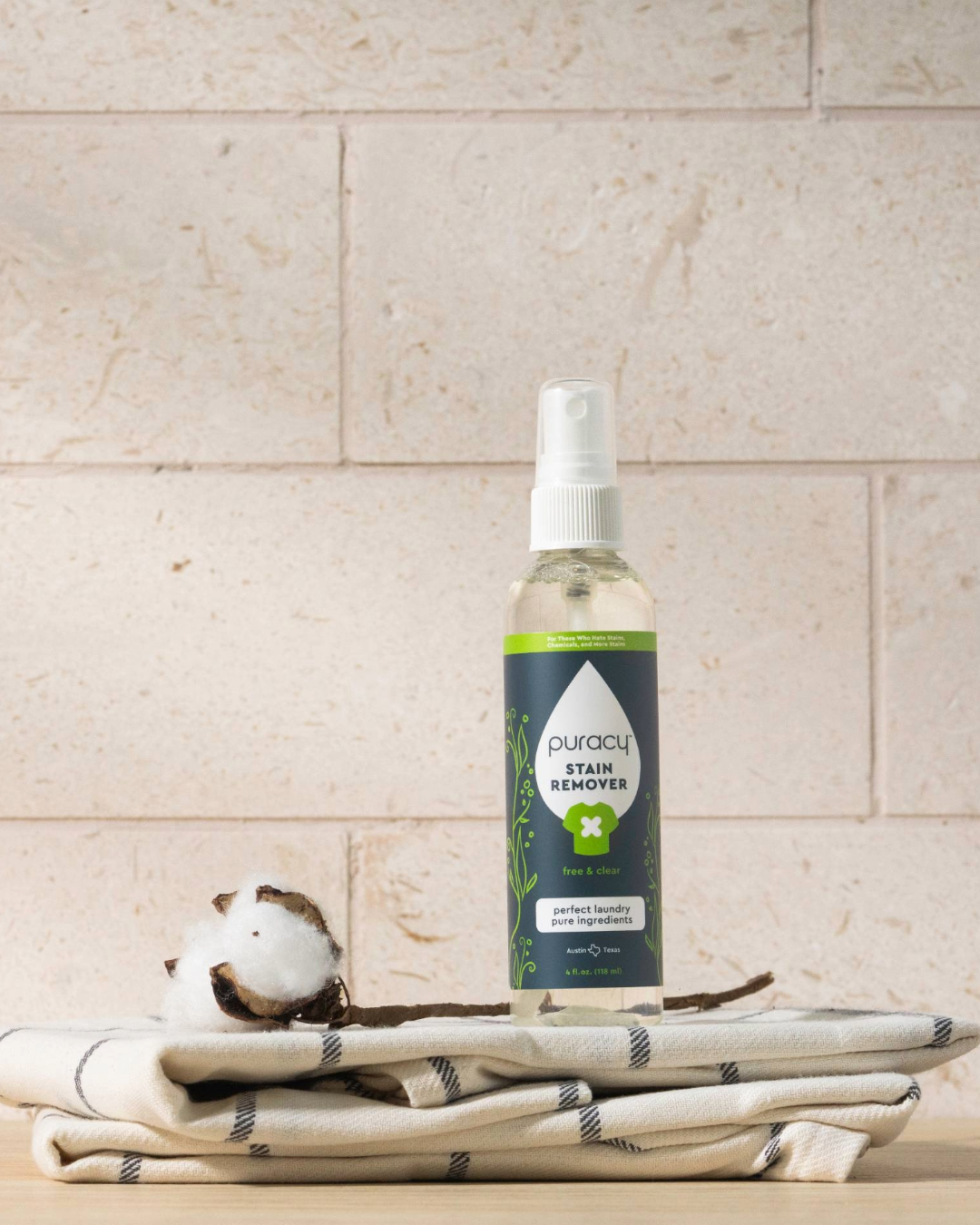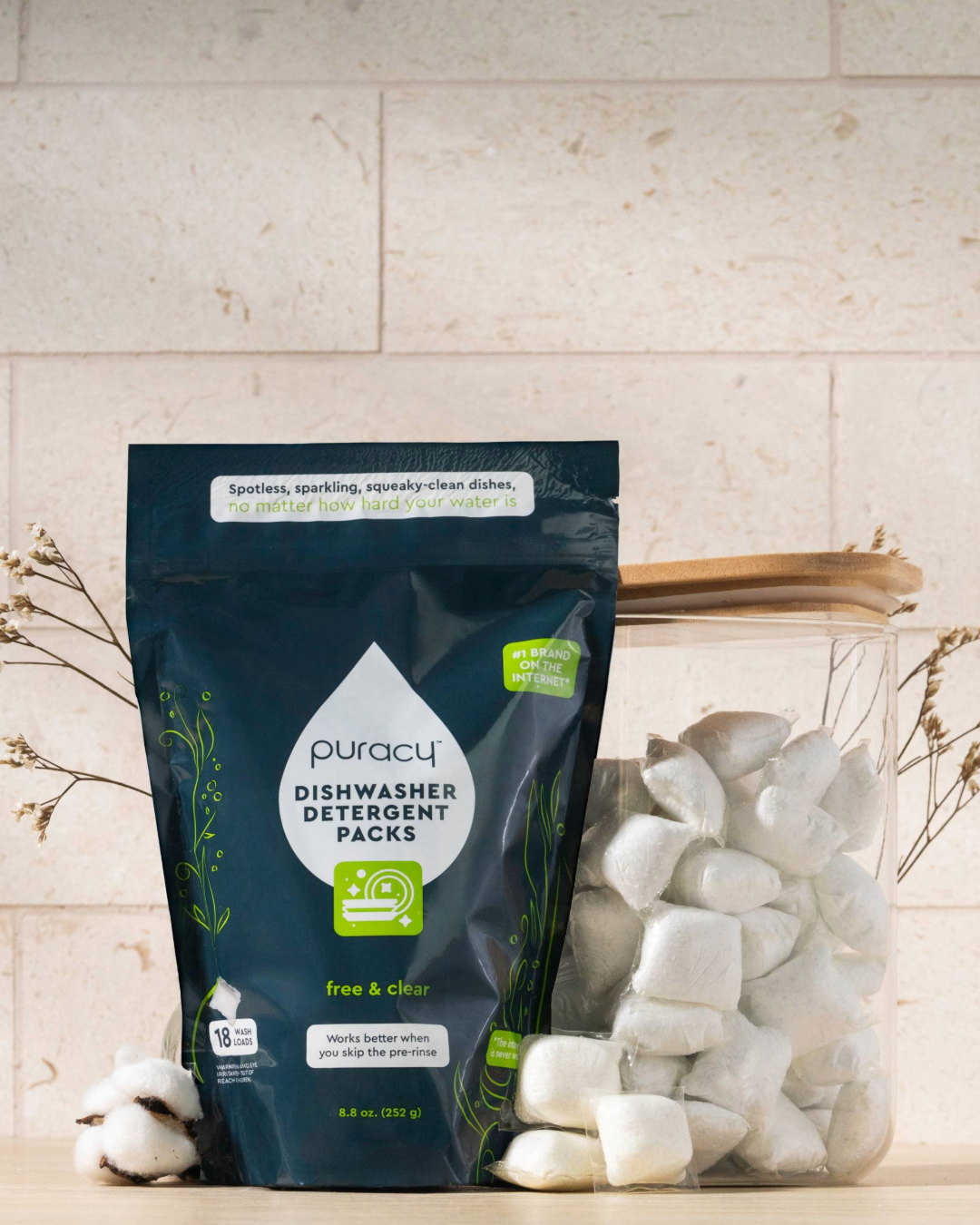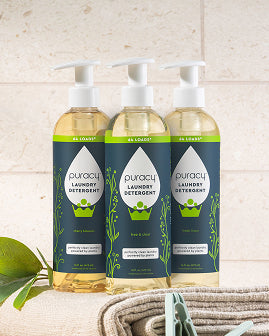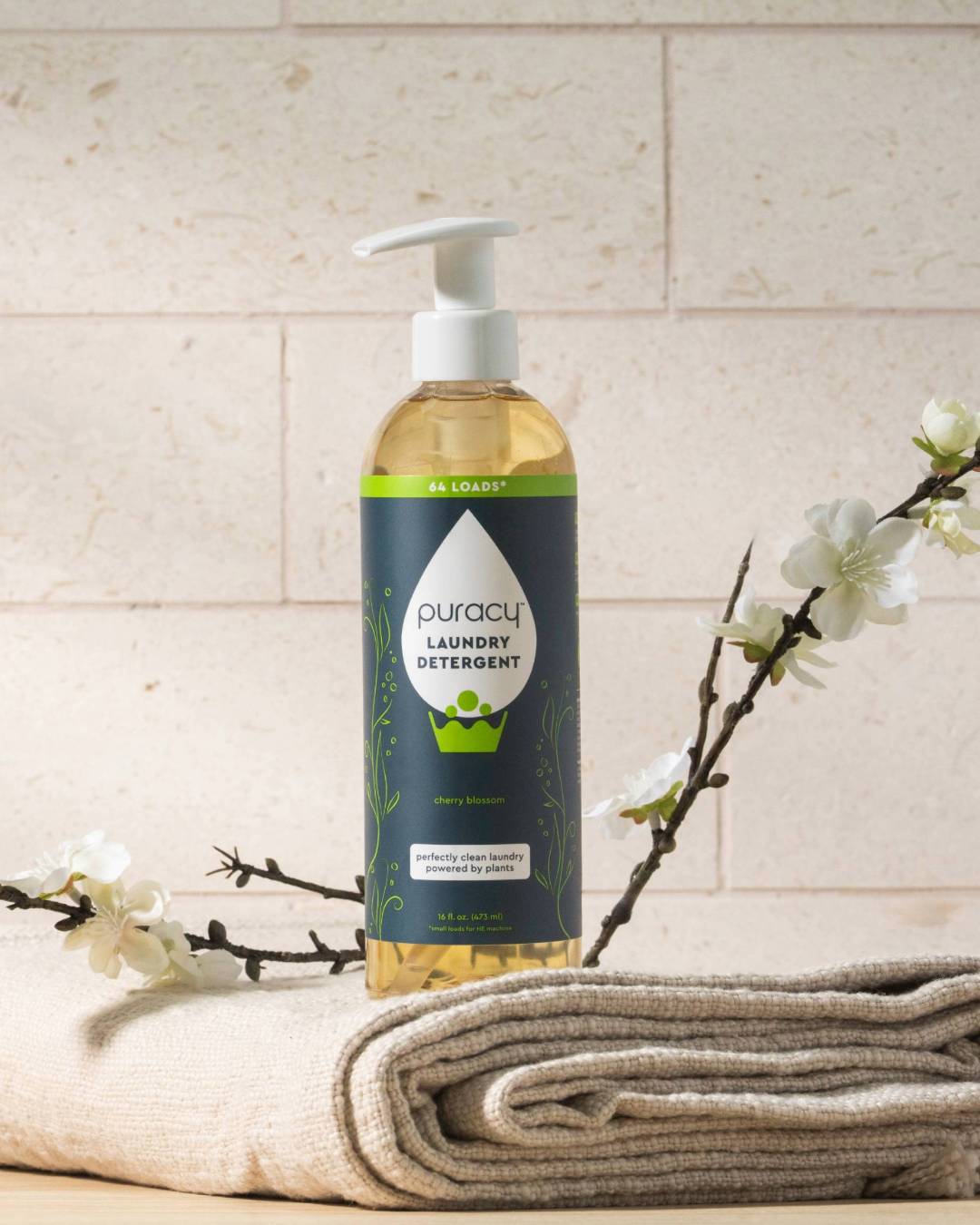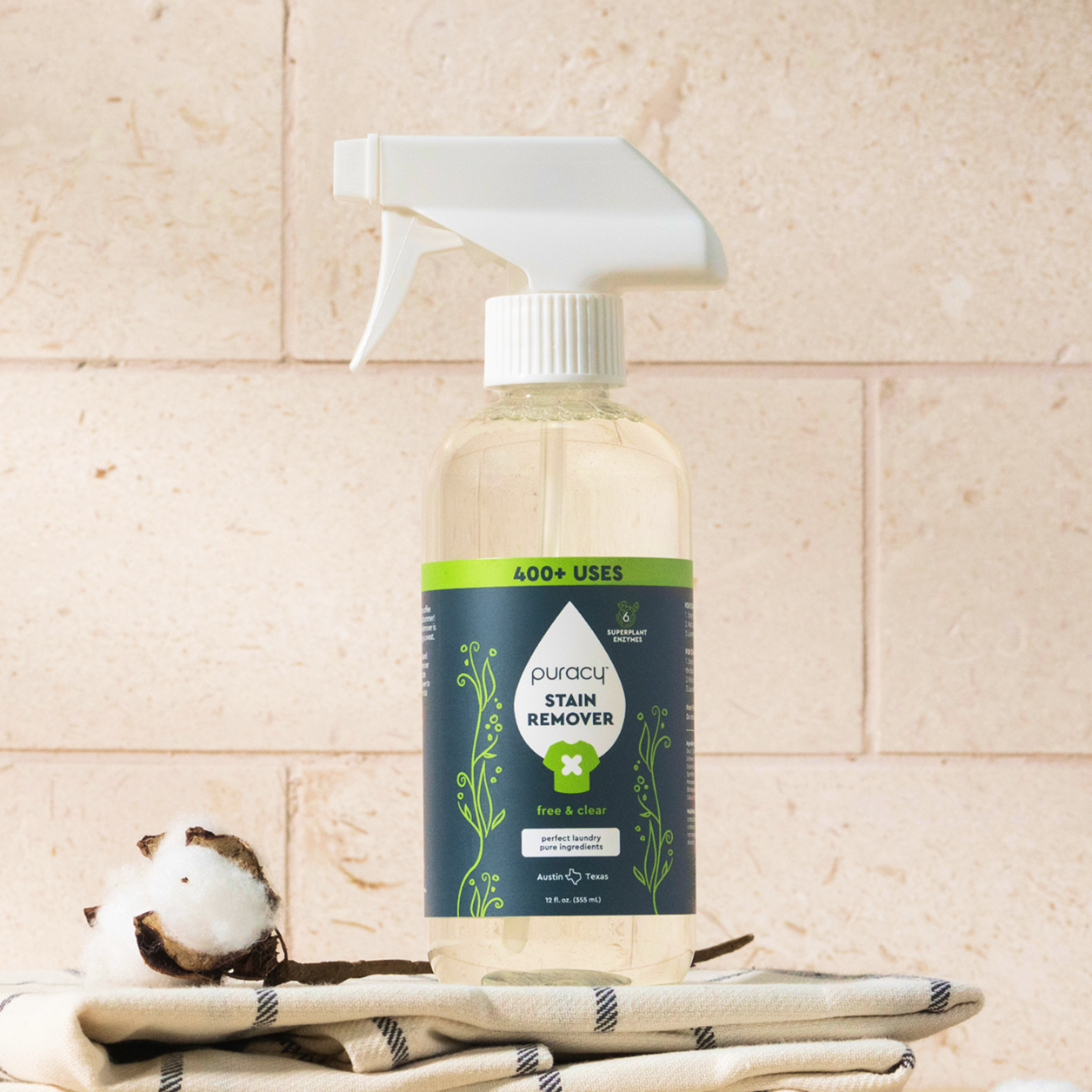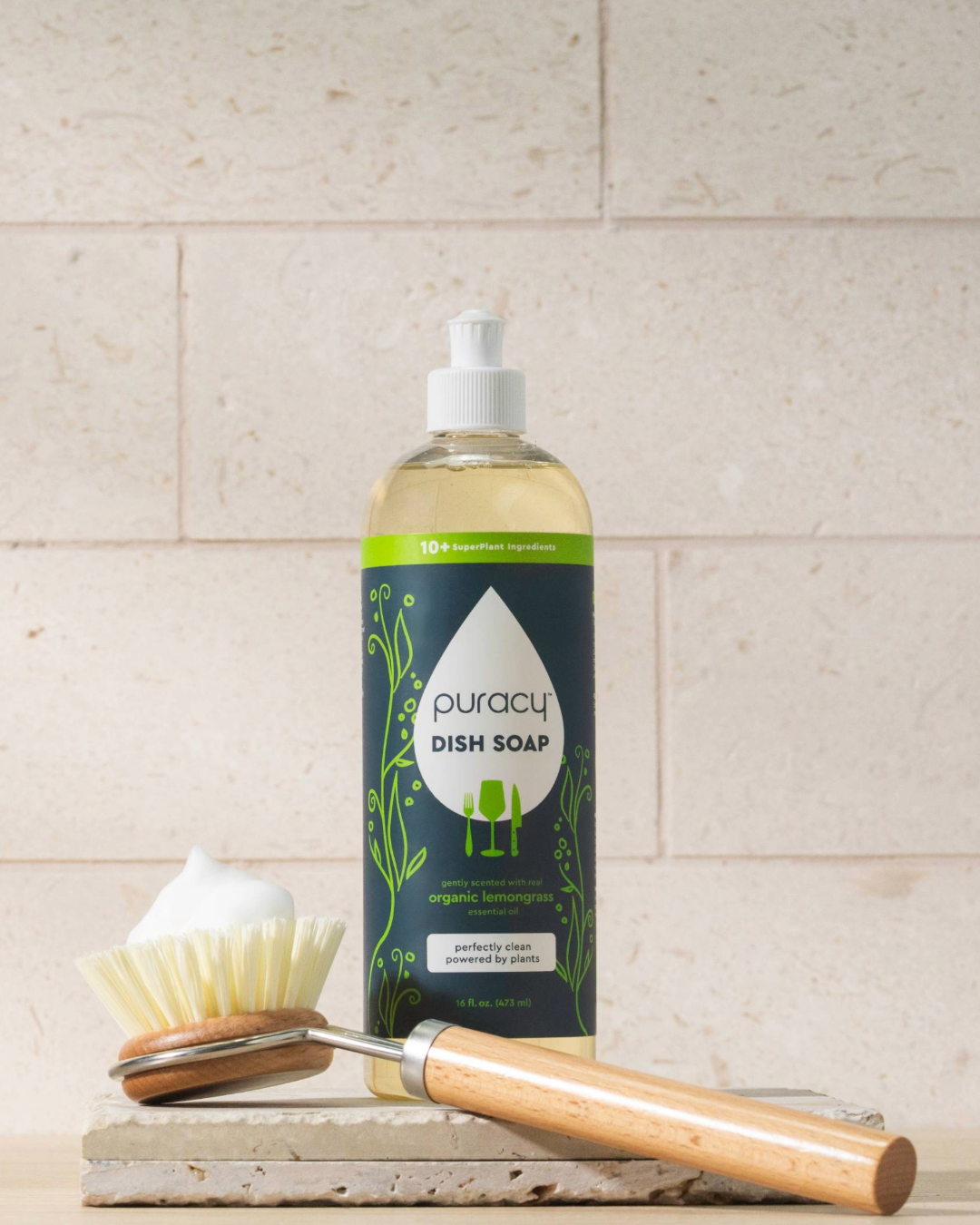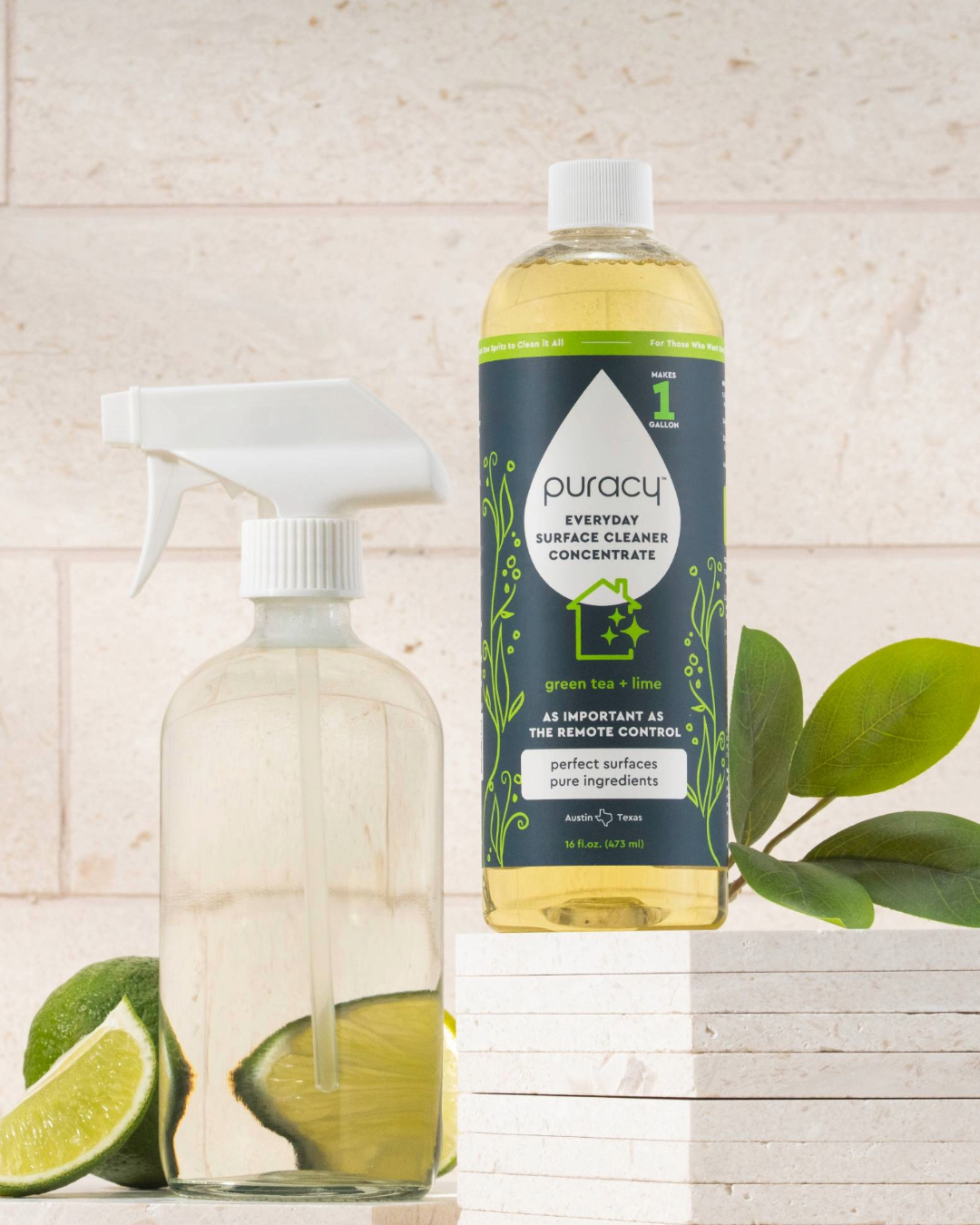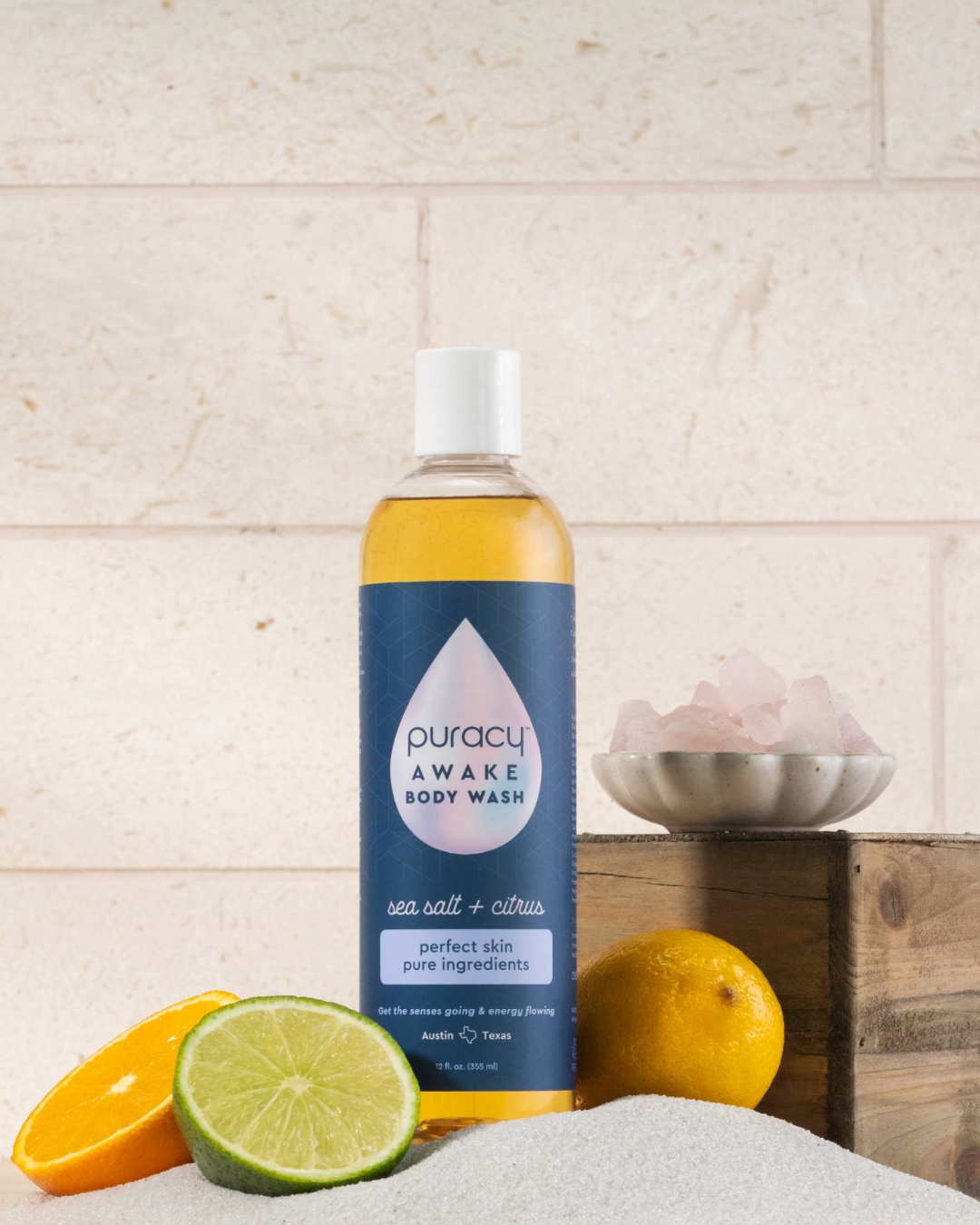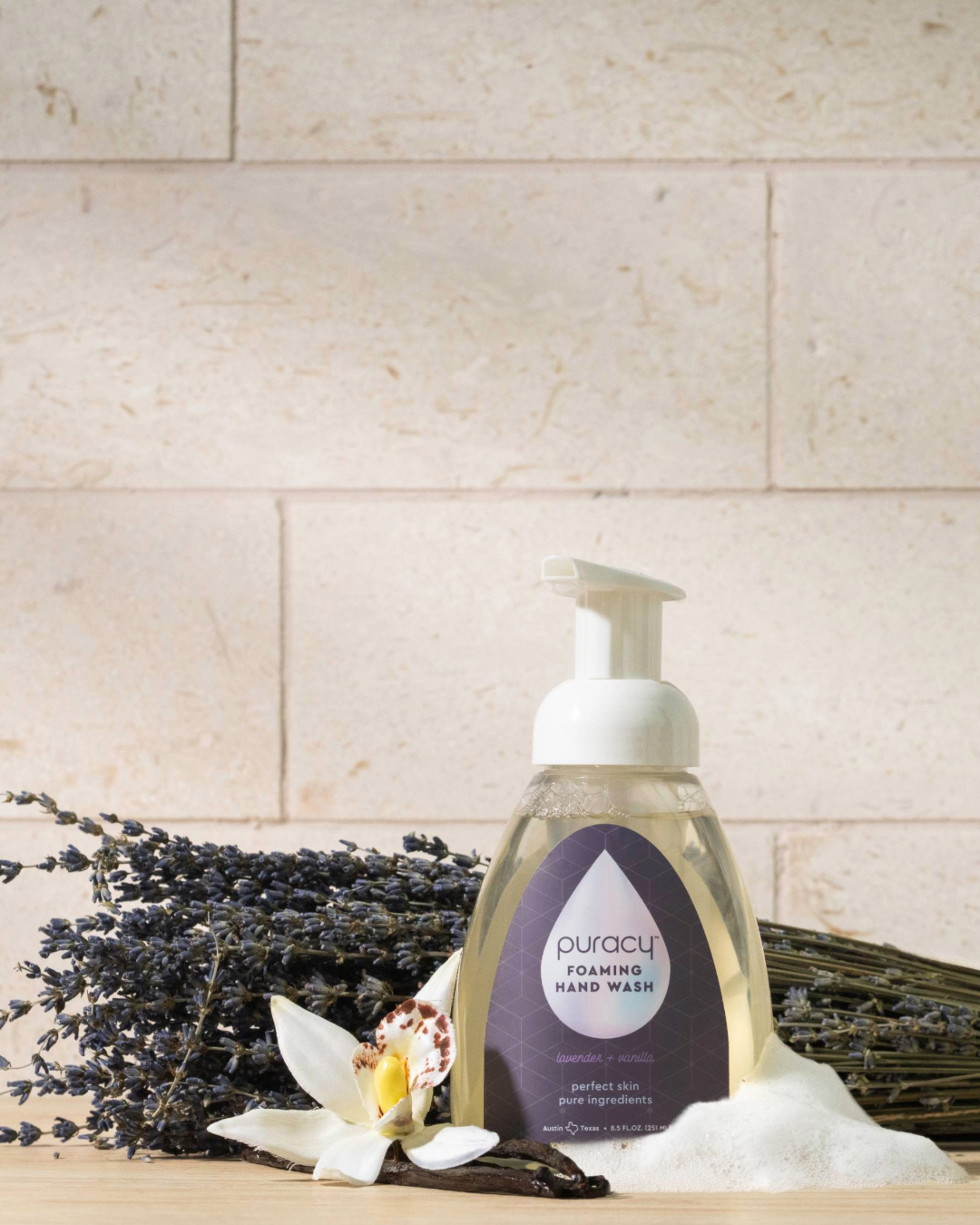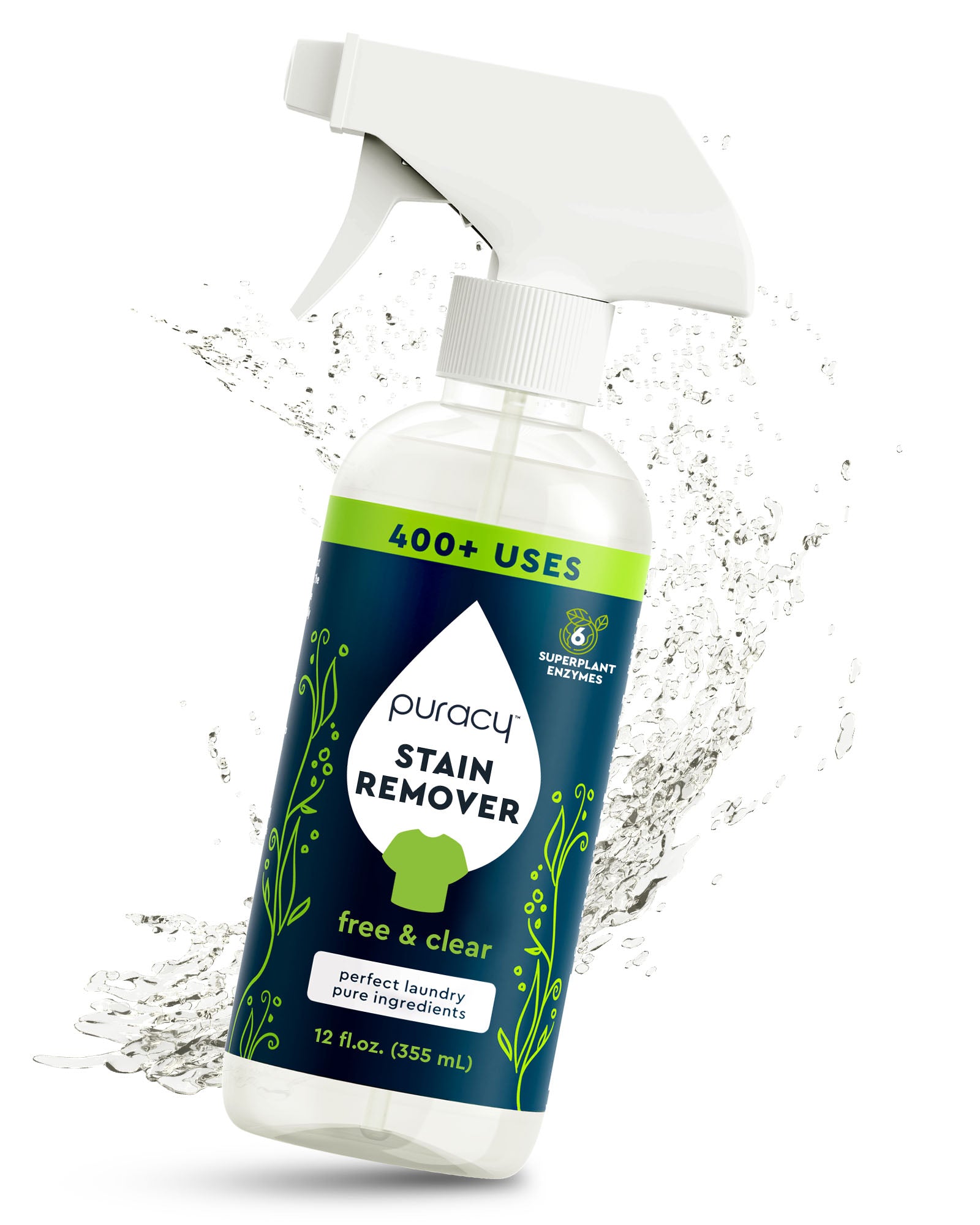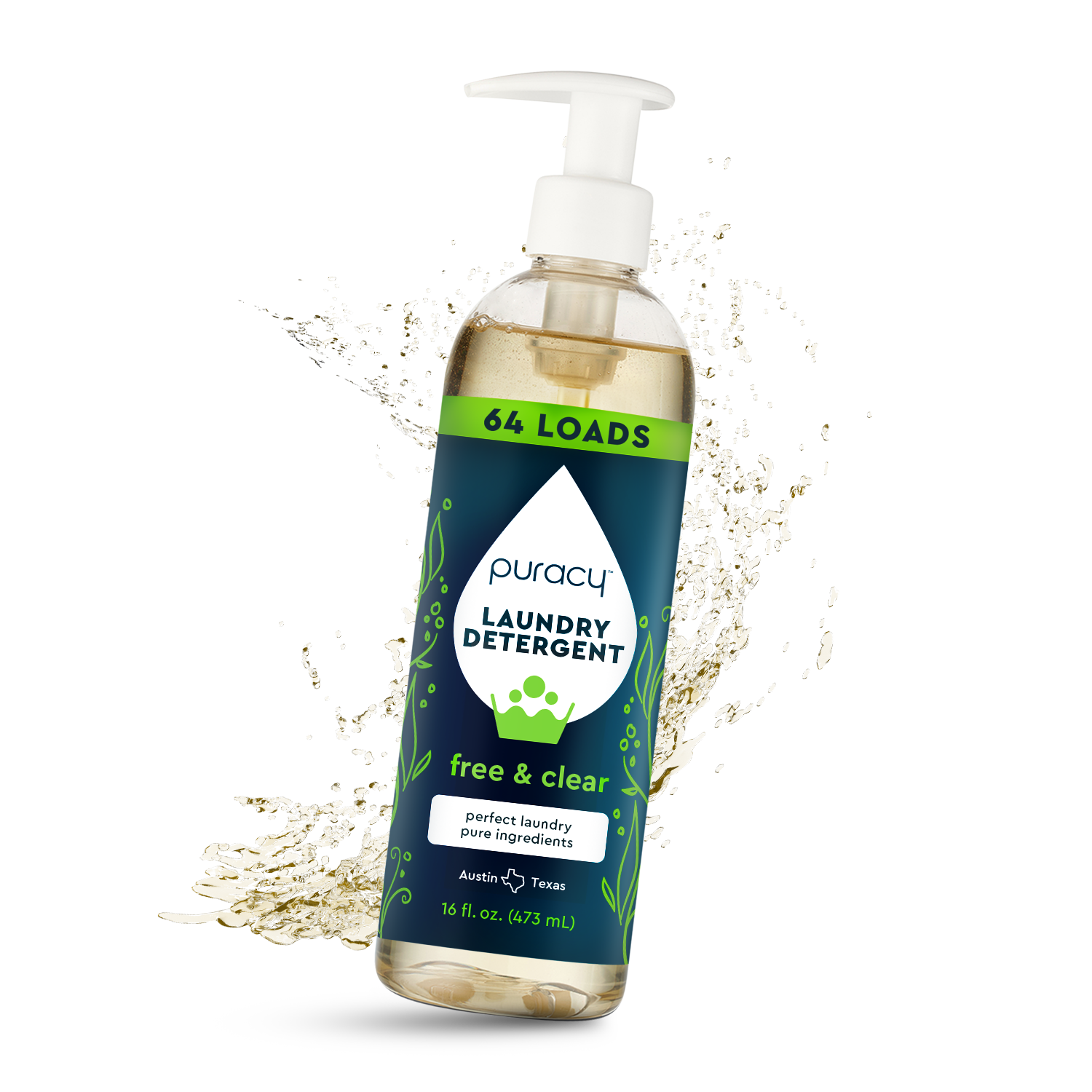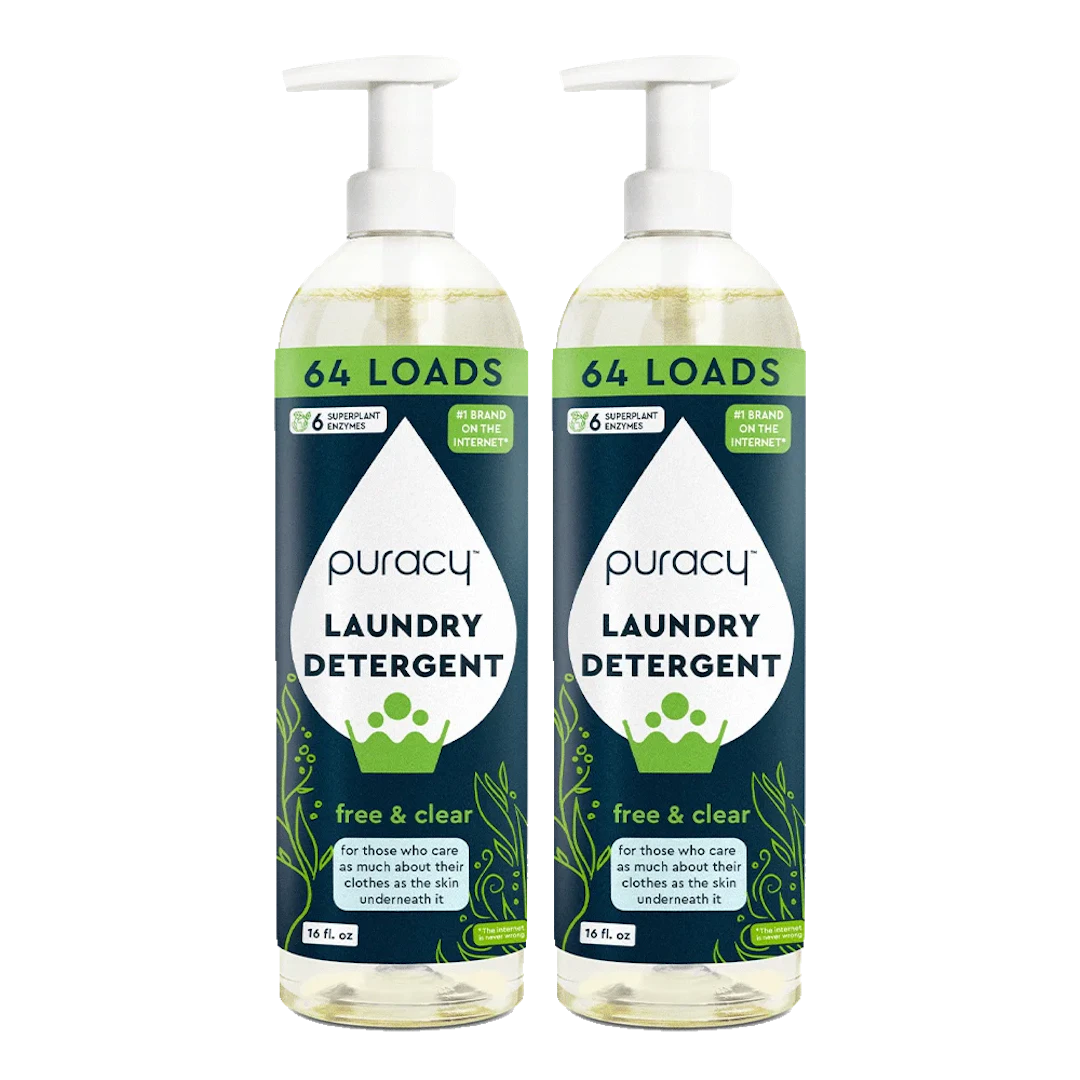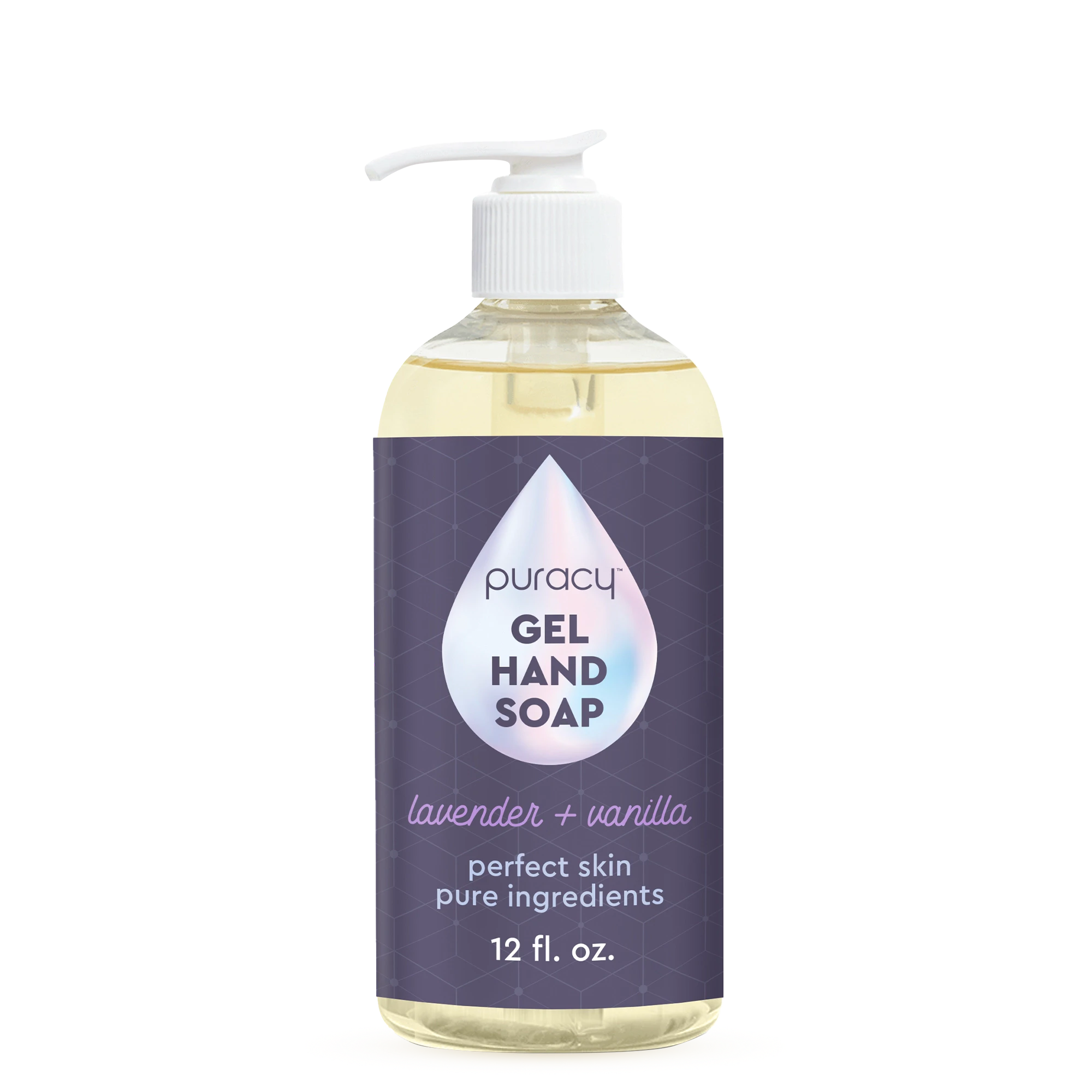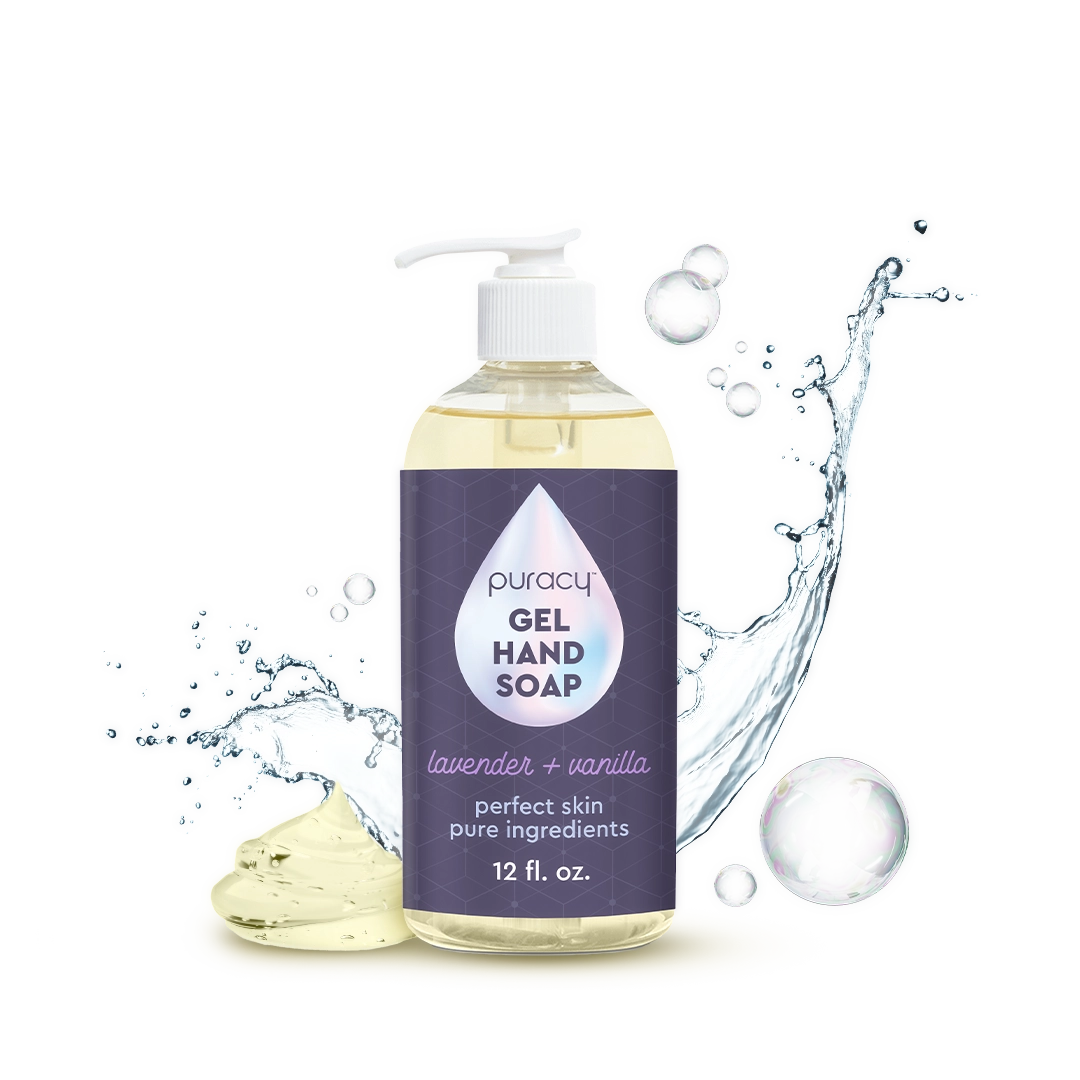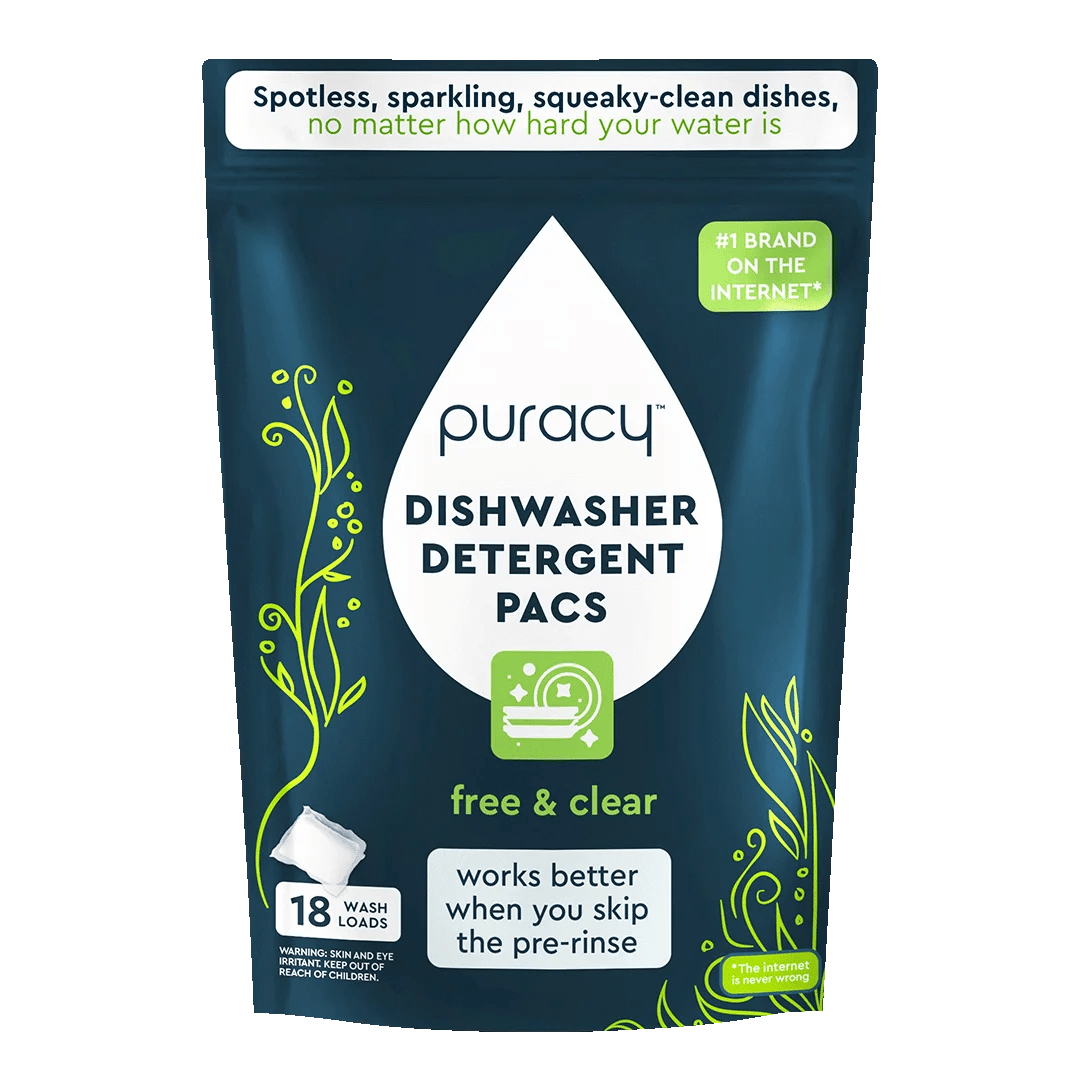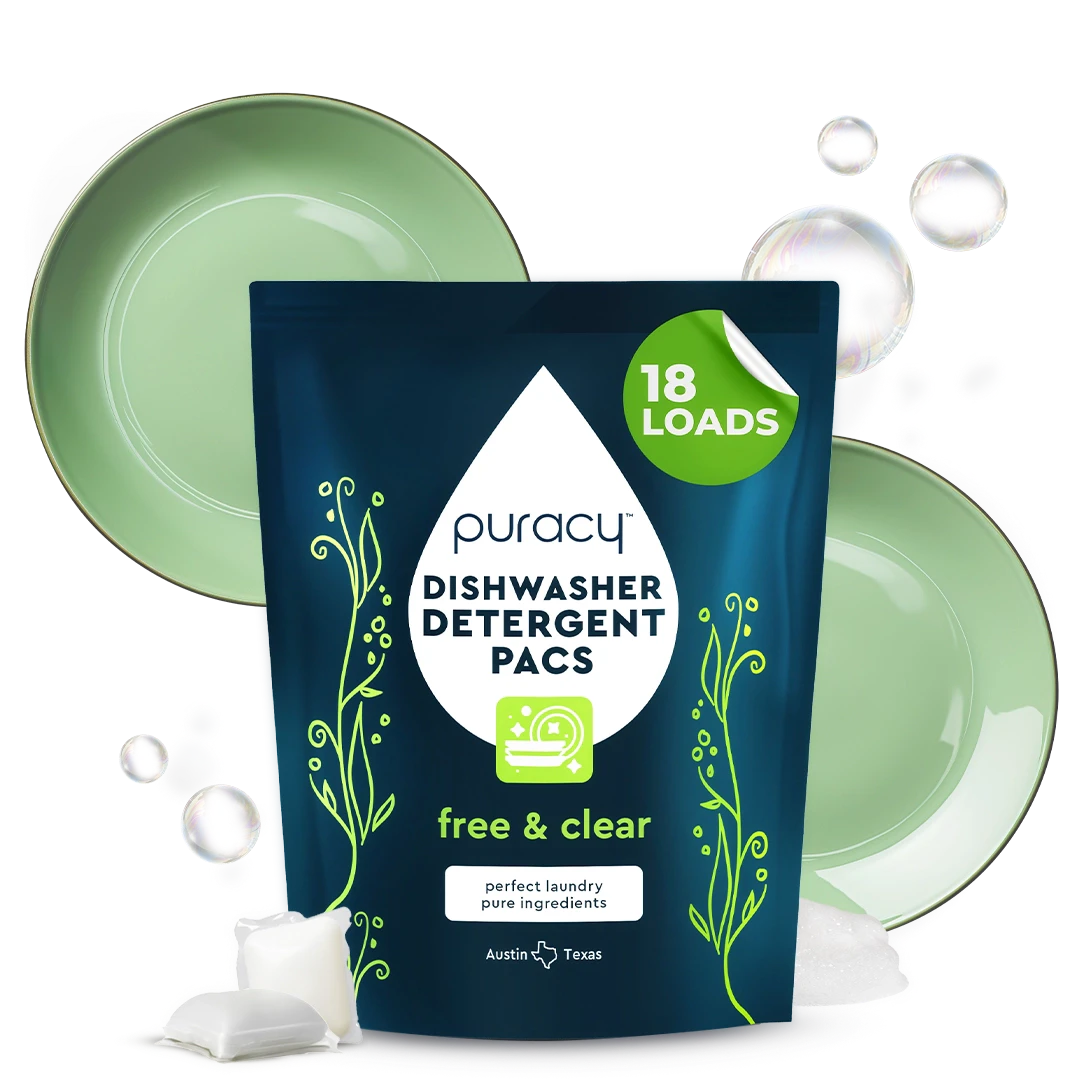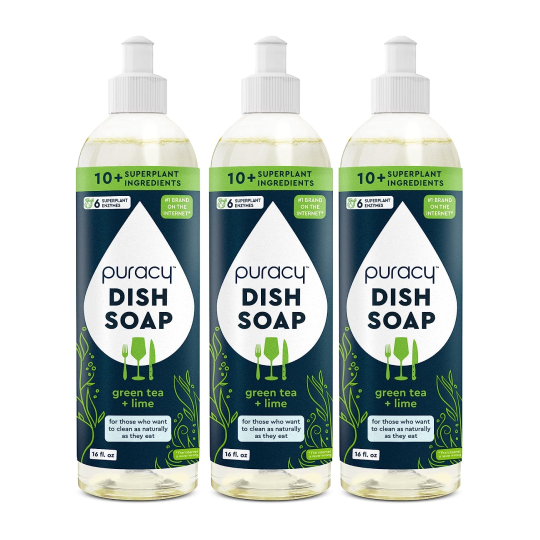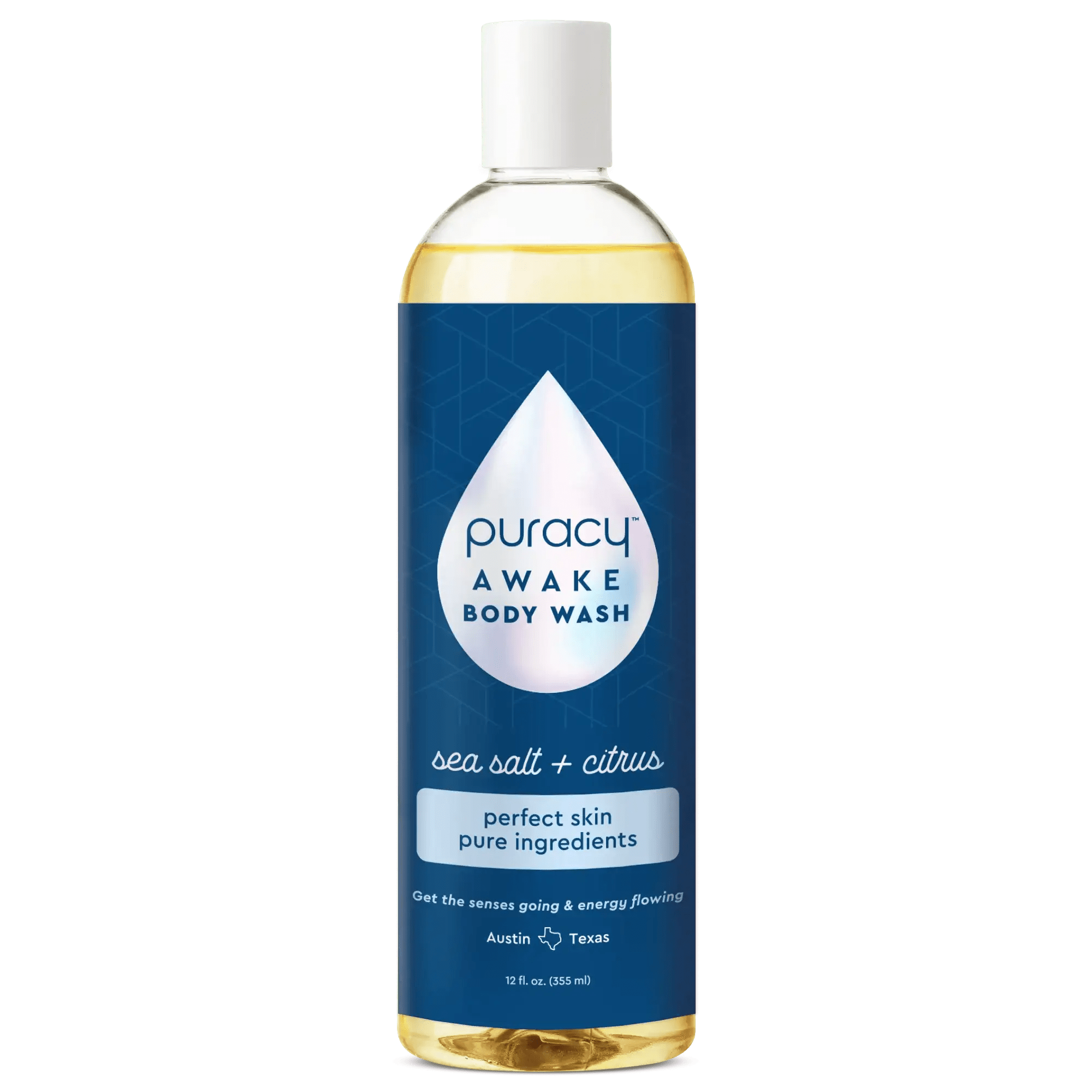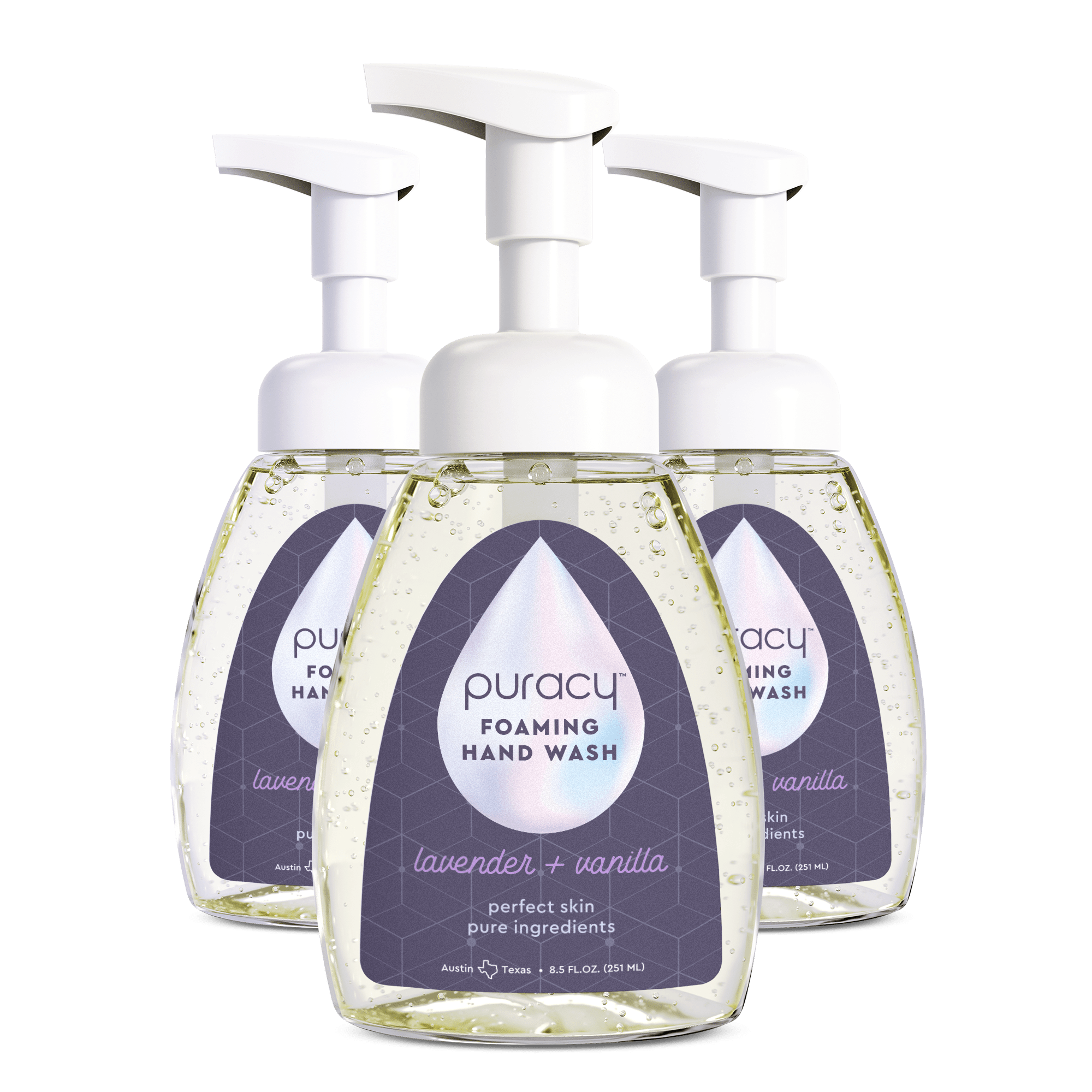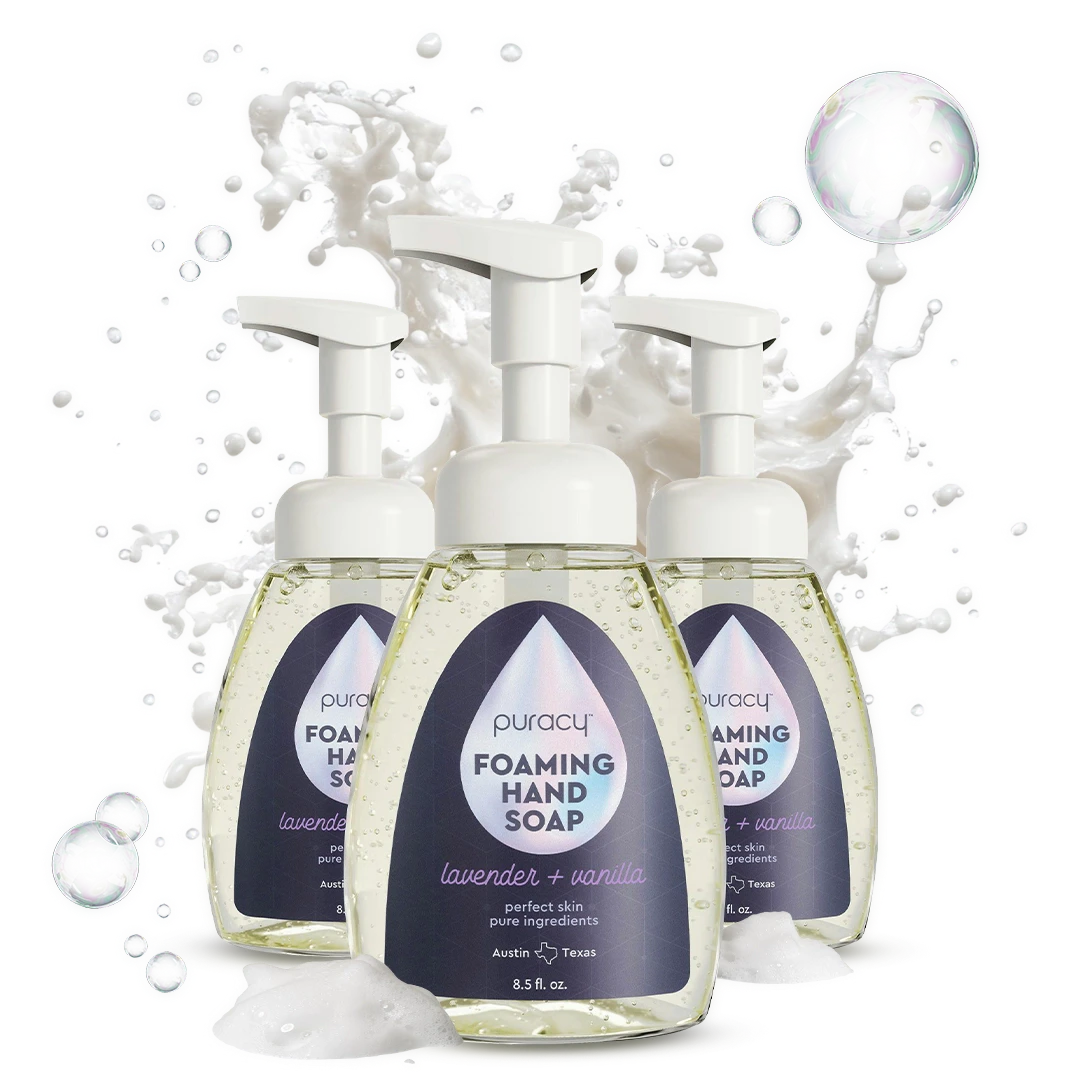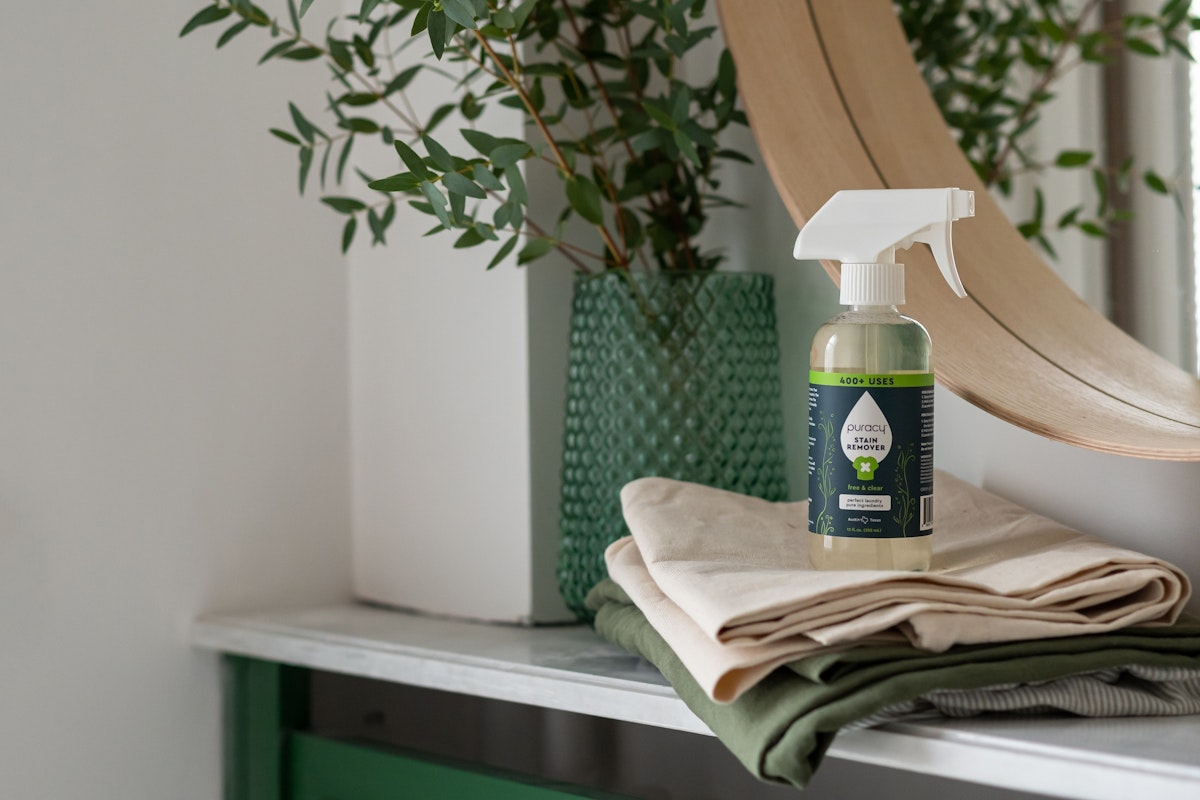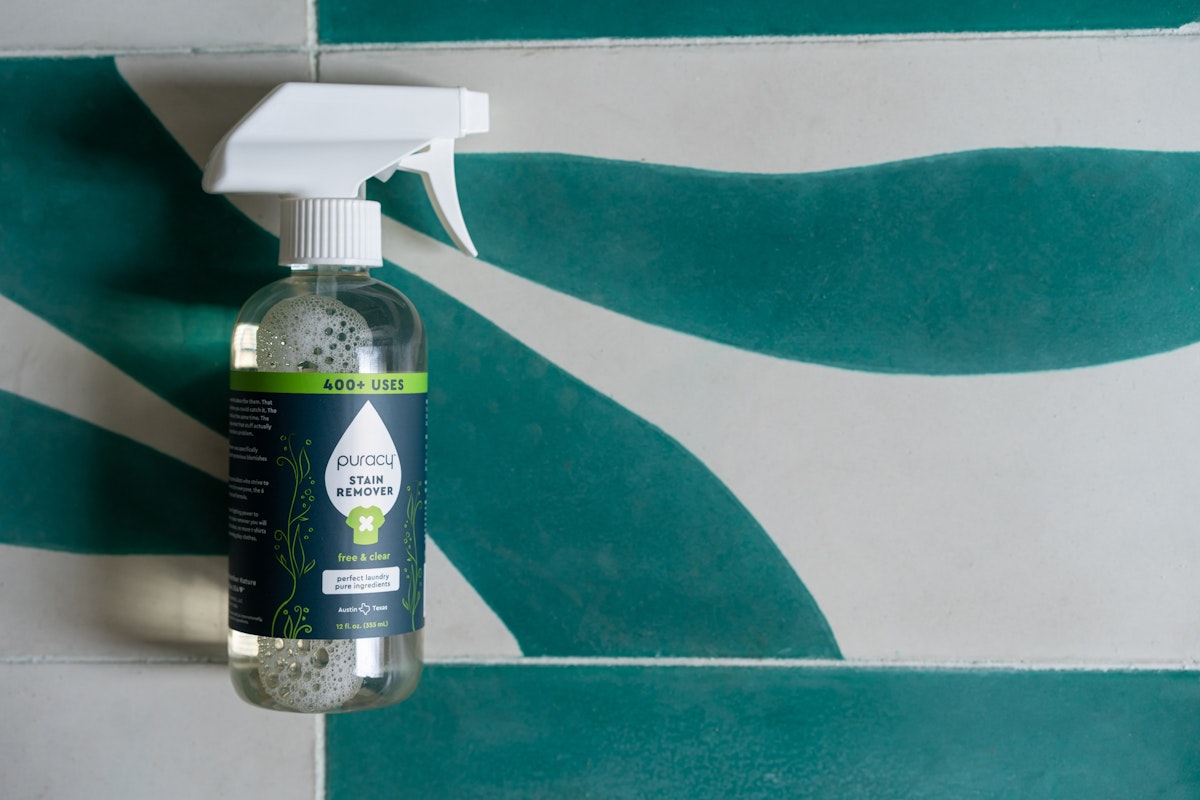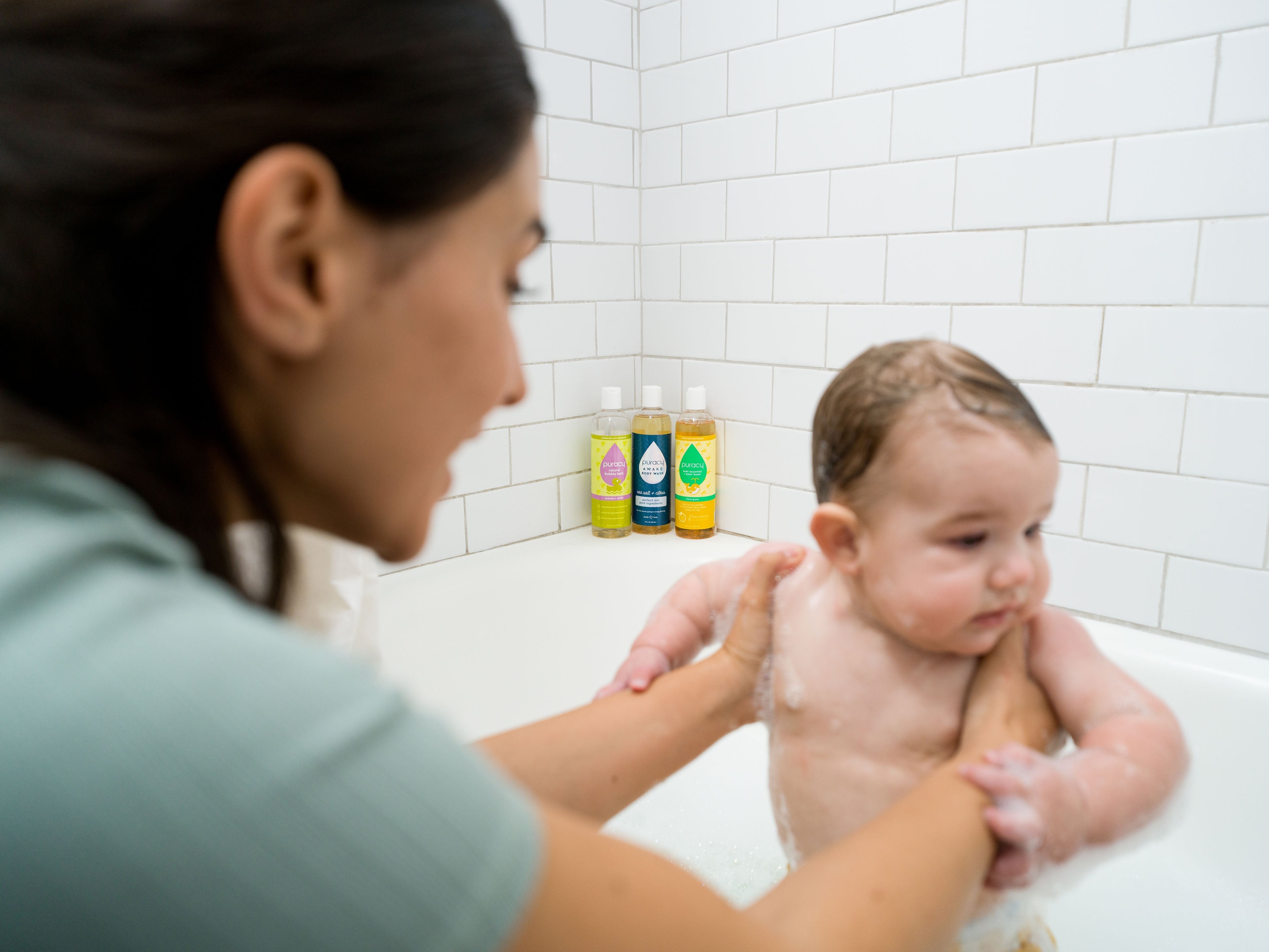
What’s the Best Soap to Wash Baby Bottles?
As a parent, you're constantly making choices to ensure the well-being of your little ones. When it comes to washing baby bottles, selecting the right soap is crucial. Discover what kind of soap to use to wash baby bottles and other items, as well as tips for making the safest, most effective, and most eco-friendly choice.
What Soap Should I Use to Wash Baby Bottles?

When it comes to washing baby bottles, the best soap is one that doesn't leave behind any soapy residue when rinsed properly. Look for a soap that is specifically formulated to tackle residues commonly found in milk and formula films, such as fat, protein, and carbohydrate. For best results, always wash and dry baby bottles thoroughly after each use to lower the risk of germs and bacteria spread.
To sterilize a bottle, use a bottle sterilizer to ensure it is clean and sterilized based on FDA standards.
What to Look for in a Baby Bottle Soap

- Unscented: Fragrances can be irritating to sensitive baby noses, so opt for unscented options.
- Leaves No Residue: Ensure the soap rinses off completely to avoid any potential residue transfer to your baby's milk.
- Non-Toxic: Look for gentle, non-toxic formulas that are safe for your little one.
- Effectively Removes Milk Residue: The soap should effectively remove milk and formula residues to prevent bacterial growth.
- Environmentally Friendly: Choose brands committed to sustainability and environmentally friendly practices.
Ingredients to Look for:
- Plant-based surfactants: These ingredients are derived from coconuts, corn, palm, and other renewable resources and are more environmentally friendly than petroleum-based surfactants.
- Citric acid: Citric acid is an organic acid that occurs naturally in plants and animals.
- Distilled water: Water disperses other ingredients and helps create the right texture and feel.It is also a skin conditioner and cleaning agent.
Ingredients to Avoid:
- Artificial fragrances: Artificial or synthetic fragrances can irritate skin or allergies, as well as leave an aftertaste after rinsing.
- Harsh chemicals (such as chlorine bleach): Avoid harmful chemicals such as SLES, Formaldehyde, Phosphates, 1-4 dioxane, and dyes.
- Parabens: Butylparaben, a type of paraben, is more likely to cause greater eye and skin redness, irritation, pain, and itchiness.
- Phthalates: Over the past few decades, multiple studies have suggested a link between phthalate exposure and a wide range of health and developmental problems,
How to Wash Baby Bottles

Follow these steps for washing baby bottles using safe, unscented dish soap.
- Preparation: Gather all necessary supplies - soap, bottle brush, and warm water.
- Disassemble: Take apart the bottle, nipple, and any other components for thorough cleaning.
- Wash: Using a bottle brush and gentle unscented soap, scrub all parts of the bottle inside and out.
- Rinse: Rinse each part thoroughly with warm water to remove any soap residue.
- Dry: Allow the bottles to air dry on a clean towel or rack before reassembling.
What To Look For in a Dish Soap for Baby Items
When it comes to keeping your little one’s bottles clean, prioritize unscented, residue-free, and non-toxic soaps. Thoroughly wash and dry baby bottles after each use to maintain cleanliness, and choose environmentally friendly options to minimize your carbon footprint. And don’t forget to always read ingredient labels and avoid harsh chemicals that could harm your baby's health.
In short, by selecting the right soap and following proper cleaning procedures, you can ensure that your baby's bottles remain safe and hygienic for everyday use.
